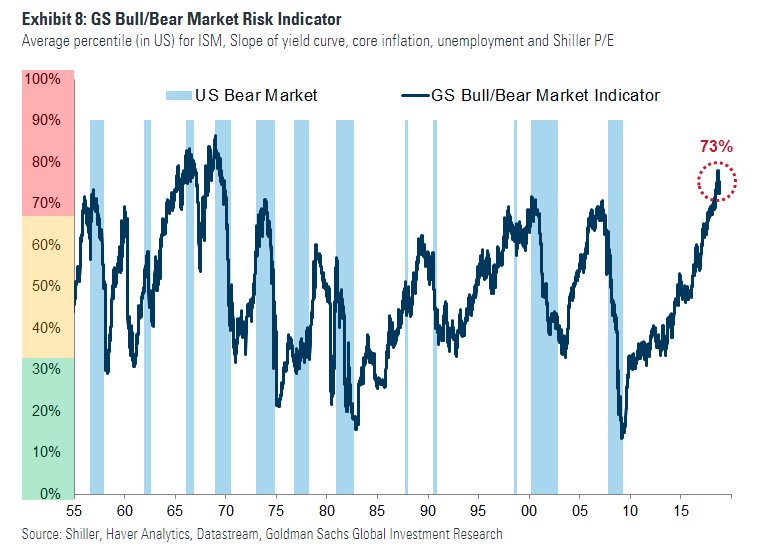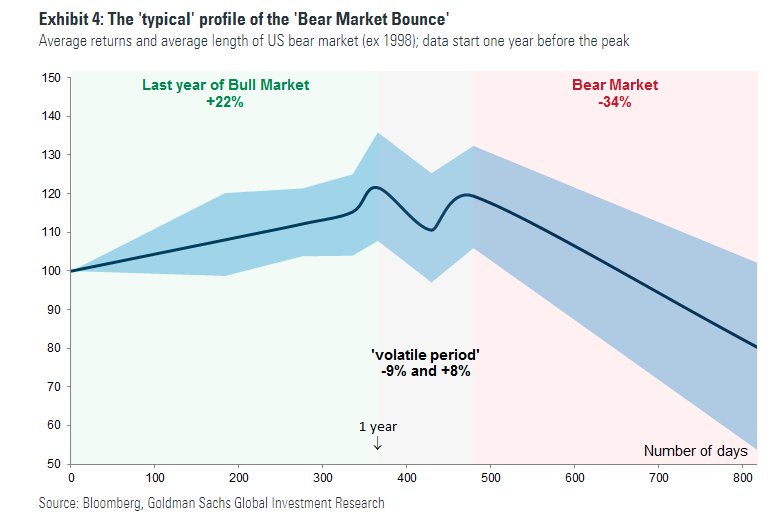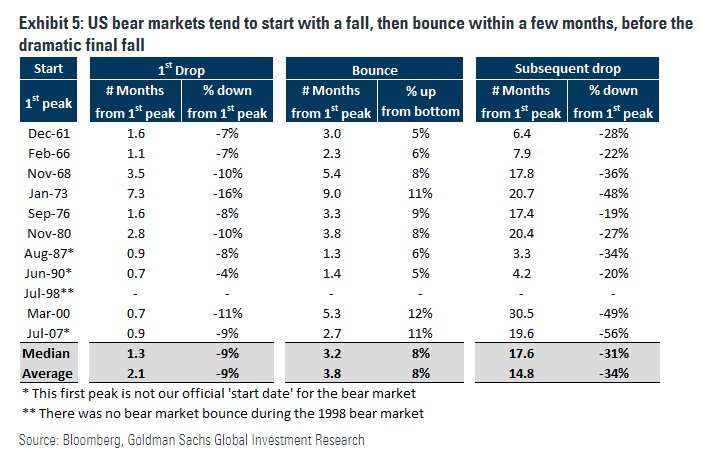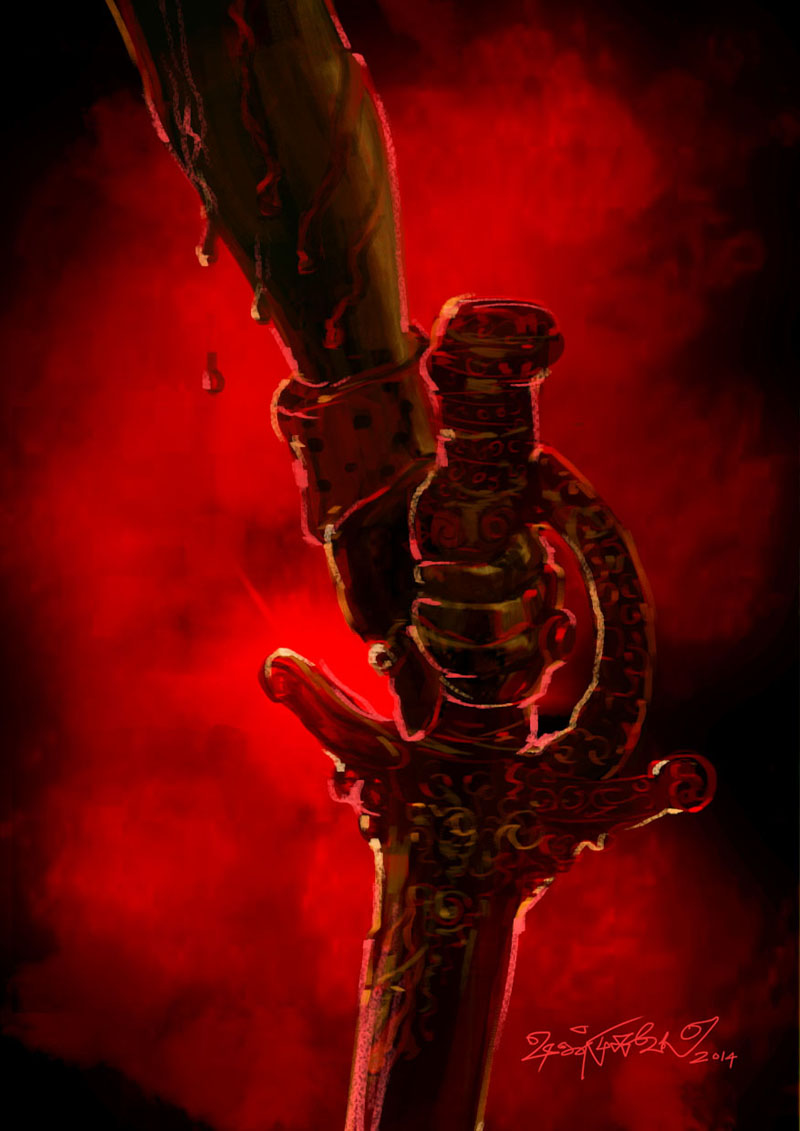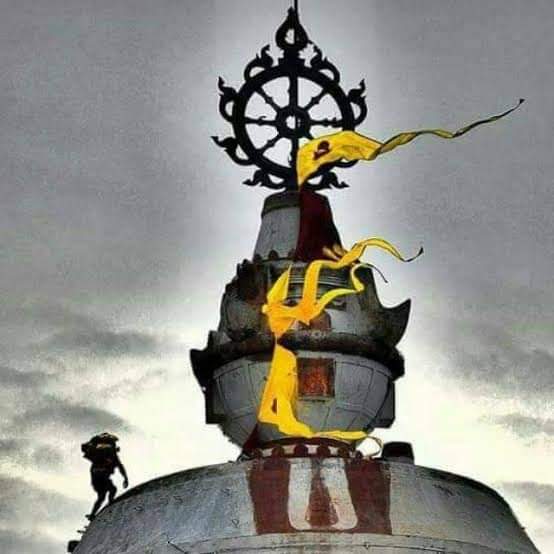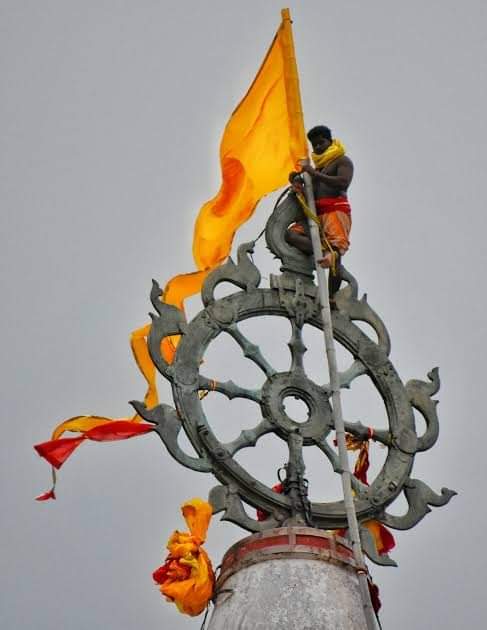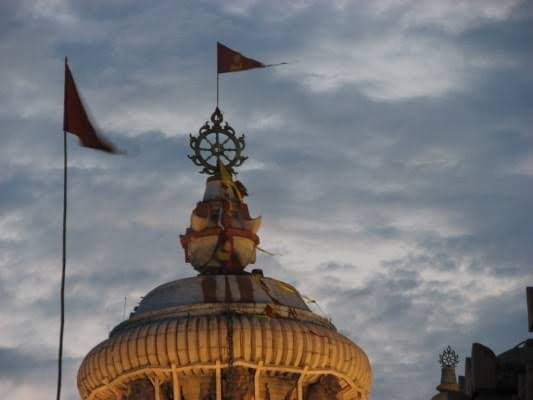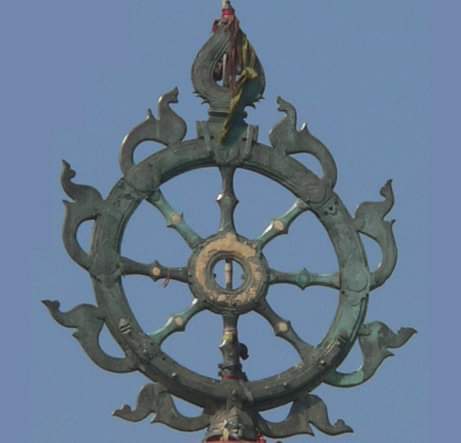Interesting thread, but I don't think ecosocialists or degrowthers are arguing that if German socialists had come to power the world would be green by now. Socialism is not automatically green. Eco-socialism is what it says - a green version of socialism - to be tested /1
You get the impression from the eco-socialists and degrowthers that humanity wouldn\u2019t face the threat of climate change or biodiversity loss if it weren\u2019t for capitalism (or rather, if it weren\u2019t for capitalist modernity).
— Leigh Phillips (@Leigh_Phillips) February 2, 2021
But I see no evidence to suggest this is the case.
More from Economy
(Article Thread)
All in one convenient location to access.

https://t.co/TuyltZTyW0
True State of the Nation
— Secret SoSHHiety (@SouledOutWorld) December 19, 2020
You think you know what's coming... but you don't...https://t.co/MVoIuxgaWX pic.twitter.com/DtF2Q53HrT
https://t.co/XJJRvpLRQE
Truth About Antarctica
— Secret SoSHHiety (@SouledOutWorld) December 19, 2020
Why? Scalar EM Antennas are kept at Antarctica; Scalar EM weaponry is the anonymous weapon to be used by the White Horse of Rev 6.https://t.co/7CDzmQfLSX pic.twitter.com/0400oCN8io
https://t.co/NeeFCfMkP2
The Finger (fuck you/fuck the world)
— Secret SoSHHiety (@SouledOutWorld) December 18, 2020
The middle finger is the Saturn finger.https://t.co/BsrsBE3f5h pic.twitter.com/ZJqZll8lU1
https://t.co/yFtbIgqzzm
Bread and Circuses
— Secret SoSHHiety (@SouledOutWorld) December 18, 2020
Bring in the clowns & the fast food...https://t.co/SZAlfkqTI3 pic.twitter.com/gLys0mNMIq




